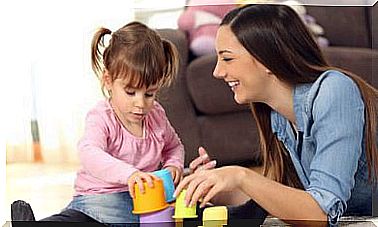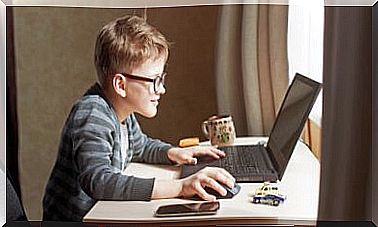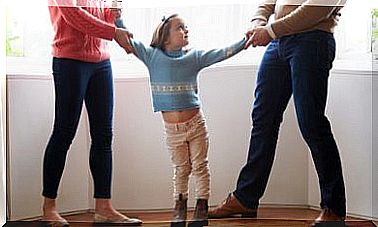Help Your Only Daughter Solve Her Problems

Wow! For an only daughter, getting to school is the first crash against the real world ; This is perhaps the first time that she has realized that she is not getting all the attention that she is used to.
Being an only child has its advantages: All the toys are for you and whether the child’s parents are economically available or very much, most of the resources will be destined to satisfy the needs of the princess of the house.
Perhaps because they are used to the fact that toys are only theirs, some of these girls have trouble sharing with their peers ; that is why school, in many cases, is a hard shock against reality.
In general, explains the psychologist Nathalie Sánchez, during their childhood these girls were not used to sharing anything with another child, they did not share attention, nor did they have to compete for anything so they grow up with the idea of having a right over things.
These circumstances on the negative side can trigger a person to have difficulties with the concepts of empathy, sharing, putting themselves in the place of the other, explains the expert.

Mentalization process
But beyond sharing objects or attention, the only daughter finds it difficult to connect emotionally with children her age, which occurs because she usually relates more to adults than to infants; This is precisely why the intellect develops more than the emotions.
The only daughter tends to have less developed the mentalization process than other children with siblings, this means that since she has little friction with other children, she does not experience fights with her siblings and is not aware of the effect of her acts or actions on others. , reveals the psychologist Giovanny Zapata.
Sometimes as an adult, the only daughter can be hurtful, but it is not a deliberate act, she no longer realizes the effect of her actions or words due to the lack of maturation of the mentalization process.
This maturation develops when she fights with her siblings, when she blames them for her actions, since these circumstances allow her to confront her feelings, but an only daughter lacks siblings. The lack of it (maturation), says Zapata, also creates difficulties in connecting with couples.
The immature process of mentalization, which the only daughter possesses, deepens the psychologist Nathalie Sánchez, generally contributes to a little more egocentricity, that the person thinks a lot about their own needs, in their own point of view and leaves aside from what is happening around you.
“The process of mentalization implies putting oneself in the shoes of the other, having to understand the feeling or the need of the other.”
-Nathalie Sánchez, psychologist-
However this can develop, it all depends on their education and the environment that surrounds the only daughter.

Really share
The only daughter often feels that she is not really listened to by anyone, sometimes because adults underestimate her opinions and also because many parents, Zapata argues, try to satisfy their emotional needs with objects.
It is also common for the only daughter – since they have no one to play with – develops a fantasy world that allows her to play alone, but then finds it difficult to get rid of it.
To prevent these types of circumstances, Sánchez recommends, as a parent it is important that you identify what your needs are, what your needs were during your childhood and what your children’s true needs are.
When there is only one child, there is also only one person on whom all hopes, projects and desires are turned ; This tends to lead to excess attention that is often misdirected.
As a parent you should try to have the girl in constant interaction with other children, but it is not a superficial interaction in a park that can help her to socialize, but an interaction, for example, with her cousins.
It may be that the girl is an only child but she spends the weekends with her grandparents and other cousins, which creates a situation in which she shares her attention with other children and with a figure that in one way or another, in theory, is impartial among all children.
You should also play with your daughter, but play for real. That means letting your inner child out, respecting their rules of the game even if they sometimes seem lacking in logic.









